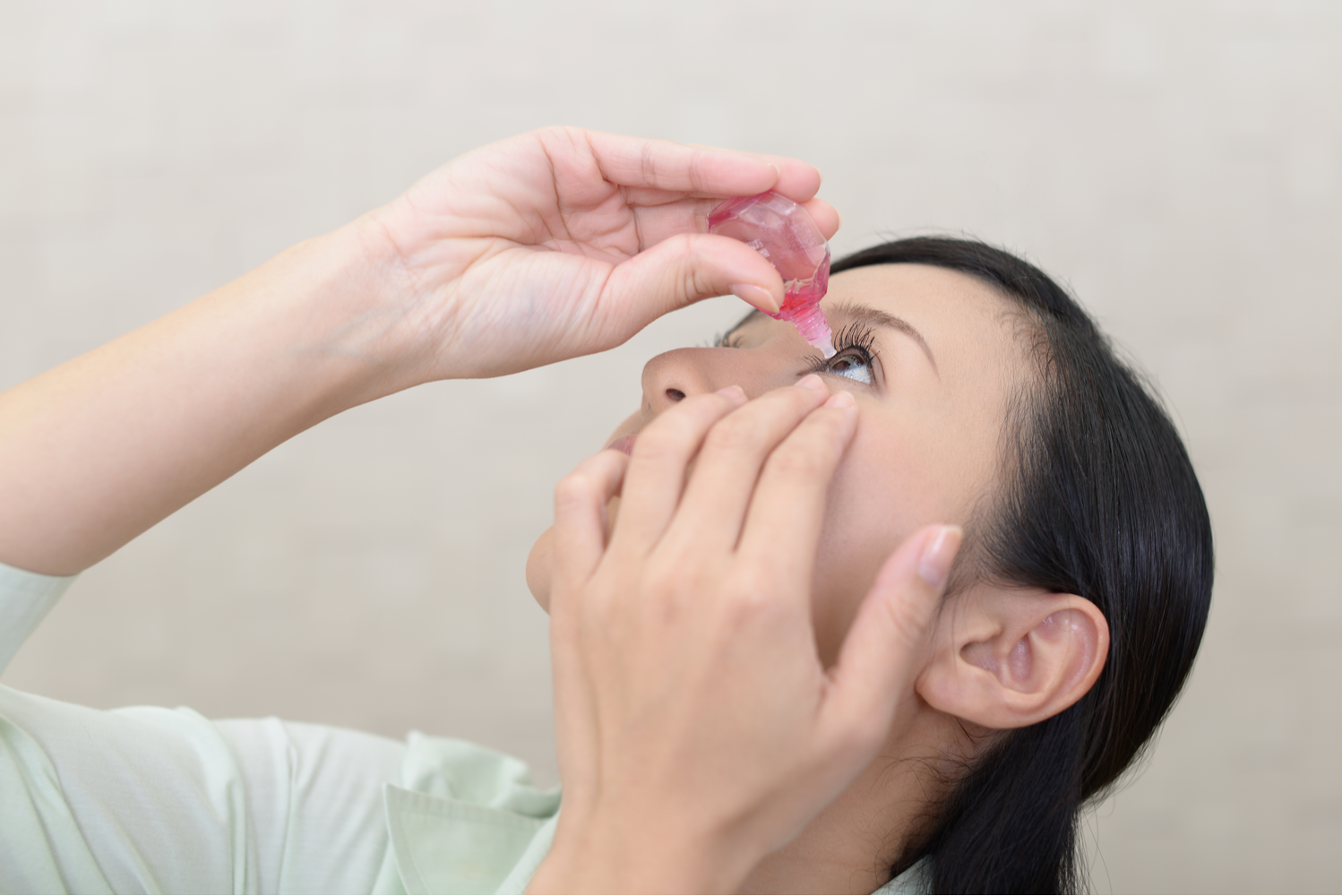Dry eye, also known as dry eyes syndrome or dry eye disease, will affect most people at some point in their lifetime. Tear film is an important component of our eyes. Glazing the surface, tear film is made from a combination of water, oils and proteins and protects our eyes from harmful substances and keeps them lubricated and comfortable. Dry eye occurs when there is a problem with our tear film, meaning that there is no longer adequate lubrication for our eyes and as a result, we experience a range of potentially debilitating symptoms. These include stiff, sore eyes, eye fatigue, sensitivity to light and blurred vision.
Dry eye can be caused by a wide range of things, and our environment is one of the key things that can affect the severity of dry eyes. In fact, in some instances the initial development of the condition can be a result of environmental factors.
Here’s what you need to know about how dry eye may be affected by your environment.
Cold weather and dry eyes
During the winter months, we naturally spend a lot more time indoors. If the temperatures are particularly low, we may rely on artificial heating to ensure that our indoor climate isn’t too cold. Unfortunately, this heating can significantly lower the humidity indoors, creating a very warm but dry atmosphere which can cause moisture to evaporate from the eyes faster than normal. As a result, the effects and symptoms of dry eyes may become much worse. If you are spending time in heated environments, considering using a humidifier to add some moisture back into the air.
Wind and dry eyes
Wind exposure is another common contributor to the development of dry eyes. If you spend time in a particularly windy environment without adequate protection, the rapid movement of air could cause the tear film coating your eyes to evaporate more quickly than normal. This can lead to symptoms of dry eyes. You should avoid windy environments as much as possible, and if necessary, use goggles or glasses to protect them.
Smoke and dry eyes
Unsurprisingly, smoke isn’t just bad for your lungs and general health. Smoking tobacco or even being exposed to second-hand smoke can cause irritation and contribute towards dry eyes. This is because tobacco smoke breaks down the lipid layer of tear film, making it less effective at keeping the eyes properly lubricated. However, it’s not just tobacco smoke that can affect your eyes. Smoke from fire has a similar effect, causing toxins to become trapped on the surface of the eyes for hours after the smoke has gone. Again, these can cause irritation and make you susceptible to dry eyes.
Allergies and dry eyes
It’s possible to suffer from allergies to many different things, but environmental allergies are some of the most common. This is where a person experiences an allergic reaction to a normally harmless substance found in the environment around them. Most people mistakenly believe that allergies are only prevalent in the spring and summer, but environmental allergies can occur all year round. Dust particles and mites, pet dander, cockroach droppings, fleas and mold are some of the allergens that you may come into contact with at all times, while grass, tree and flower pollen are among the most common allergens found in the warmer months. Unfortunately, allergies can also trigger chronic dry eyes. Antihistamines and other medications can be used to get allergies and therefore the symptoms of dry eyes under control.
If you are concerned about dry eyes, or if you would like to schedule an appointment to see if you are affected by this condition, please contact our expert eyecare team at Grove Eye Care who will be delighted to assist you. Please call either (804) 353-3937 (Richmond) or (804) 888-8998 (Midlothian) today!










